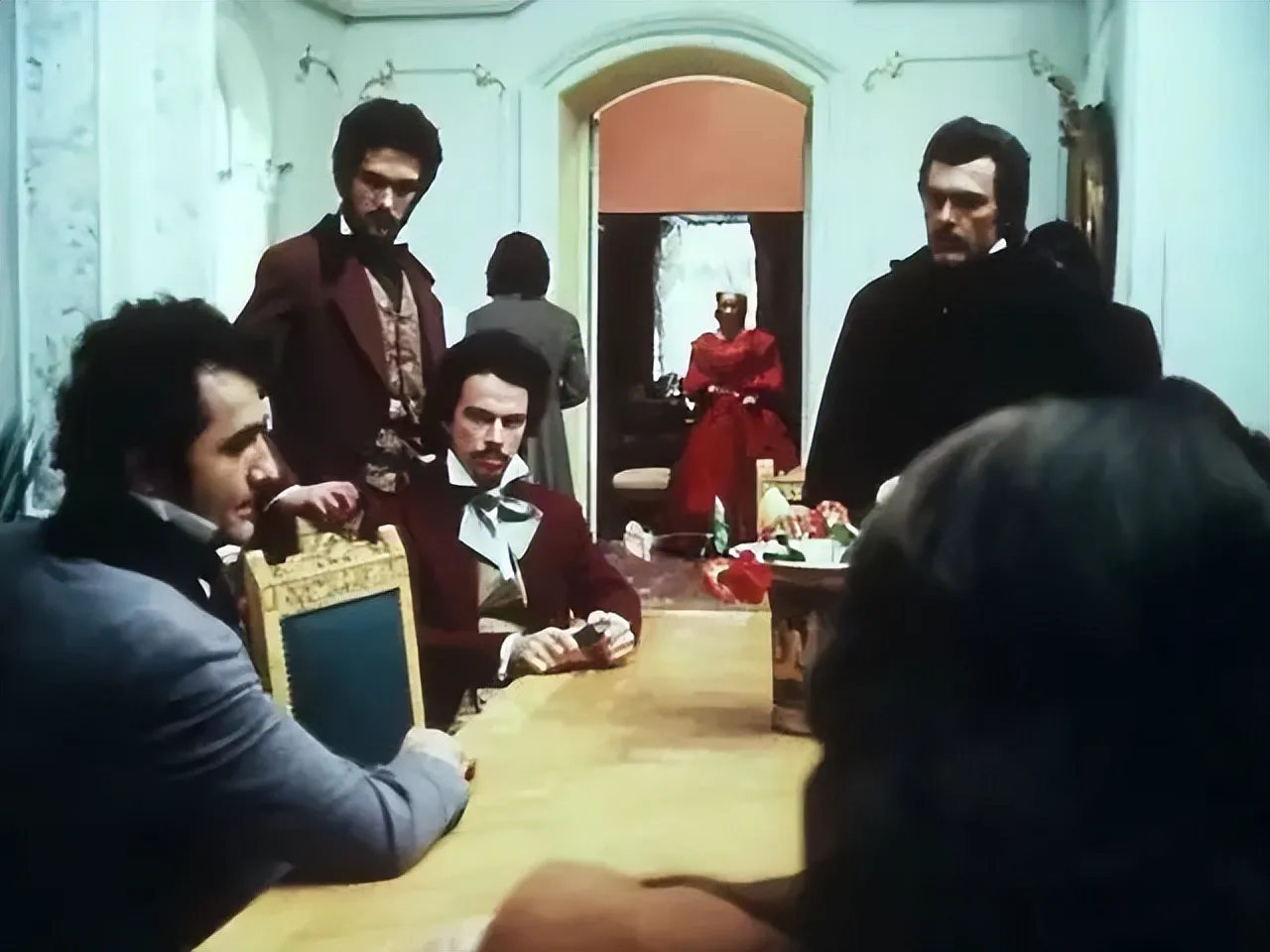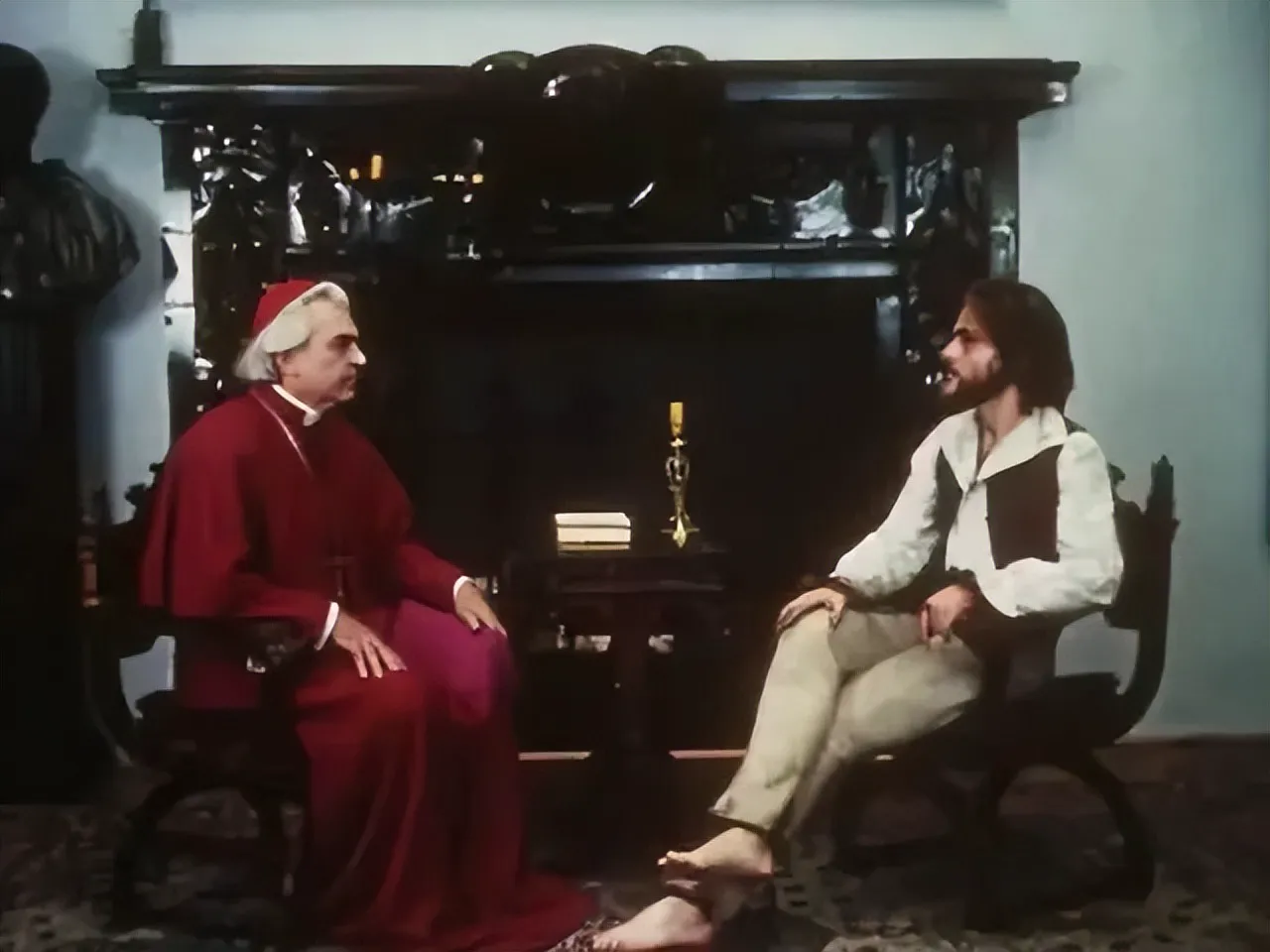All Pain is a Ferry: Lessons from “The Gadfly”
The 1950s were a period of fervent passion and revolutionary zeal. Amidst this era of upheaval, a groundbreaking novel emerged, serving as a pillar of strength for the spiritual world of Chinese revolutionaries. Published in China in 1953, it sold a staggering one million copies in its first year, becoming the best-selling foreign novel of its time. This novel was “The Gadfly” by Irish author Ethel Voynich.
The novel tells the tragic yet legendary life of Arthur Burton, an Italian revolutionary. Born into wealth, he was innately sensitive and vulnerable. After escaping death, he underwent self-growth and spiritual transformation amidst the harsh realities of life. Arthur’s life was steeped in suffering, yet he was ultimately shaped by it. His story reminds us that while hardship is unpleasant, enduring it allows our scars to become our badges of honor.

Pain: A Compulsory Course in Life
The story of “The Gadfly” begins with the police searching the Burton family’s shipping business. At the time, Italy was fragmented, and patriotic youths were rallying for change. They formed the Young Italy party, aiming to overthrow papal rule and expel Austrian invaders. These young people marched, demonstrated, and launched armed uprisings, becoming deeply involved in power struggles.
Arthur Burton, the young master of the Burton family, was a member of the Young Italy party. Not only was he from a prominent family, but his godfather was the influential Archbishop Montanelli. Under the dual protection of his family and the church, Arthur lived a stable life, regardless of the external turmoil.
At the age of 18, he joined the revolutionary party because of his love for Gemma, but he always seemed out of place. He was naturally melancholic, sensitive, and often sulked over trivial matters, acting like a spoiled young master. One day, during a group meeting, Arthur saw Gemma behaving intimately with another young man. He became enraged and stormed out.
To relieve his distress, Arthur confessed to Father Cardi, whom he barely knew. Without any reservations, he revealed many secrets of the revolutionary party. Almost overnight, the revolutionaries suffered a devastating blow. Some fled, some were imprisoned, and others were killed in the streets.
Arthur was branded a traitor to the organization. He tried to defend himself, but even Gemma no longer believed him, and she slapped him in disgust. Arthur was heartbroken, but at this critical moment, he learned another devastating truth: he was not a Burton family member but the illegitimate son of Father Montanelli.
The blows of life came one after another, and the fragile Arthur could not withstand them. He completely broke down, lost all hope, and finally committed suicide by drowning himself in a lake one night.
As a youth, Arthur grew up in a protected environment, where even minor issues could become the last straw. He had no shortage of money, status, care, or love, but he lacked the trials and tribulations necessary for growth.
Nietzsche once said, “All decisive things come from adversity.” Courage, responsibility, judgment, resilience—aren’t these all forged through hardship? If a person always walks in favorable circumstances, with someone to help them when they are tired and someone to comfort them when they are upset, they will never have the opportunity to grow.
Pine and cypress trees that have not weathered snow cannot survive the harsh winter; a life that has not been tempered cannot withstand setbacks. While smooth paths are easy to walk, the most beautiful scenery is found on dangerous peaks. While suffering is difficult to endure, overcoming it is your rite of passage.


Suffering: Life’s Best Training Ground
Thirteen years passed in a flash. The political situation in Italy remained chaotic, and various factions continued to compete in the shadows. One evening in July 1846, in a country villa in Florence, a group of revolutionaries eagerly awaited the arrival of an “important figure.”
Soon, a lame, limping, ugly man walked in. He grinned, and the scar on his face looked like a centipede baring its fangs. He satirized the government, cursed traitors, and his comments were insightful and practical. However, his fierce appearance made it hard to believe that he was the nationally renowned revolutionary writer—the Gadfly.
In the days that followed, the Gadfly wrote articles criticizing current affairs and awakening the people. He gave speeches everywhere, calling for anti-imperialism and anti-feudalism. He even collaborated with the underground party to smuggle arms and participate in guerrilla warfare.
He was passionate, proactive, and relentless in his attacks on the enemy. He was also unconcerned about the misunderstandings and rejections from the masses. But can you imagine that the Gadfly before you was the “melancholy prince” Arthur 13 years ago?
Back then, Arthur’s suicide attempt failed, and he smuggled himself to South America. After more than a decade of hellish life, he finally became the unrecognizable but indestructible Gadfly.
He worked at a port in Chile, where he was bossed around and bullied by a group of rude sailors. He worked as a handyman in a casino, where he was beaten black and blue by drunken gamblers. He wandered everywhere, worked as a coal miner, served as a translator for an expedition team, and was even tricked into performing as a clown in a circus.
He fell ill countless times and escaped death countless times. He ate the worst food, wore the most tattered clothes, and witnessed the most vicious people.
It is said that time is a butcher’s knife, but more accurately, the suffering within time is the knife that scrapes the bone and cuts the flesh. This knife pierced the Gadfly’s flesh and blood, but it also reshaped his unyielding spirit. He finally shed his naive shell and became strong, resolute, and immune to all poisons.
The Gadfly was reborn again and again in adversity. When he returned to the organization, he was already a mature revolutionary.
Life always leaves us battered and bruised, but eventually, those injured places will become our strongest points. Do not fear suffering; treat everything as an experience. Do not hate misfortune; see it as an opportunity for growth.
There is a saying: “Human life is like a flood rushing forward. Without encountering islands and reefs, it is difficult to stir up beautiful waves.” Life is a practice, and suffering is precisely the mountains that lift you up on the path of practice.
The steep uphill road is not easy to walk, but only by crossing mountains and ridges can you grow freely in a wider world.


The Suffering You Endure Will Ultimately Fulfill You
The Gadfly had many enemies, but at the time, the papal forces were undoubtedly the number one adversary. In the diocese, the Gadfly had been undermining them overtly and covertly. He planned to acquire some arms and stage an explosion. However, on the eve of the operation, the arrival of one person completely disrupted his plans.
This person was Montanelli, who had been promoted to cardinal—the Gadfly’s biological father. After many years of separation, the Gadfly was filled with mixed emotions upon seeing Montanelli again. He missed the old friendship but hated the actions of the church.
After struggling, the Gadfly decided: “If our paths are different, we cannot work together. Let’s fight to the end.” However, an accident occurred—the Gadfly was arrested.
The imprisonment came unexpectedly, and the Gadfly was tortured beyond recognition before he could figure out what had gone wrong. In the damp prison, poisonous insects crawled all over the Gadfly’s bloody body. He could not move and could only endure the torment in waves of excruciating pain.
The reactionary government decided to execute him, but this matter alarmed Montanelli. Apparently, Montanelli already knew that the Gadfly was Arthur. Montanelli personally bandaged the Gadfly’s wounds and advised him in a loving tone to give up the fight, promising that as long as the Gadfly left the revolutionary party, he could live the most honorable life.
The Gadfly looked at Montanelli in anger, feeling extremely painful. He was angry at being tempted and pained at never being understood. He stared at Montanelli and said, “My life is for fighting you priests!”
In the end, the Gadfly was taken to the execution ground. Before the execution, he was dragged like a pile of rotten flesh, but from somewhere, the Gadfly suddenly straightened his back and shouted the slogan “Fight for the country.”
His voice crossed the high walls of the prison, reaching the hearts of every passionate youth, and it also pierced the mist of time, often echoing in our ears.
In “One Hundred Years of Solitude,” Gabriel García Márquez wrote: “We travel on this ancient journey of life, running through bumps, being reborn in setbacks, with sorrow all over our bodies and pain scattered on the ground.”
In this world, there are all kinds of suffering. Physical pain is suffering, loneliness is suffering, the inability to realize ideals is suffering, and the loss of freedom is also suffering. The suffering of life is hard to bear, and the suffering of the heart is even harder to endure.
However, without thousands of hammer blows and the burning of fierce fire, where would the steel-like will and unyielding soul come from? There is no suffering in this world that is endured in vain. All pain is a ferry to take us across.


At the end of the novel, author Ethel Voynich revealed the Gadfly’s last words written in prison. One sentence, after reading it, left me unable to calm down for a long time.
The Gadfly said: “Whether I live or die, I will always be a happy Gadfly.”
In his youth, living a life of luxury, the Gadfly was always sad, and a little wind and rain could knock him down. On the contrary, after walking through thousands of hardships and tasting the bitter fruits of the world, he became a happy Gadfly, who could not be scared away or killed.
Suffering is sometimes a huge wealth. Our potential is always stimulated in adversity, and our hearts often become resilient in distress.
May you and I forge the strongest heart in the dangerous world and live as a “happy Gadfly.”